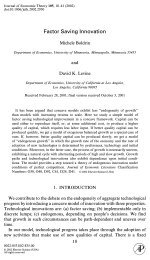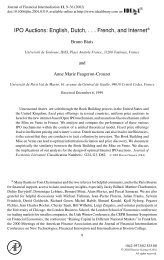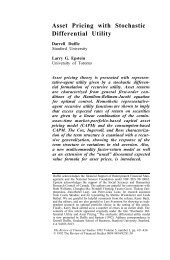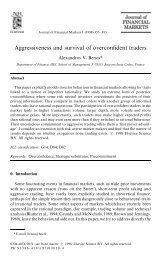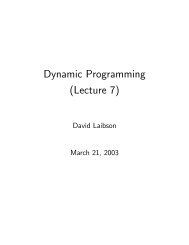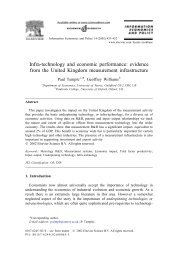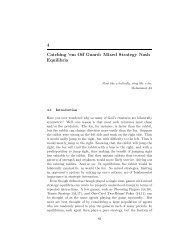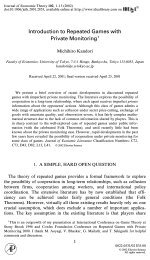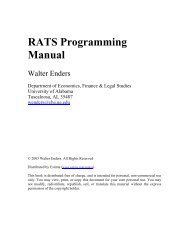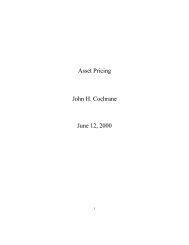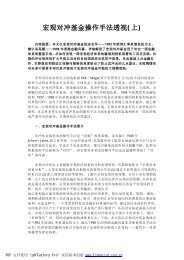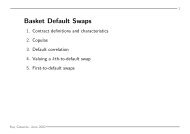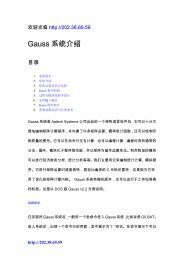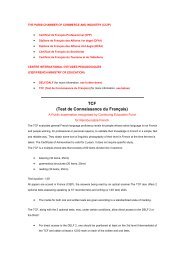On the Optimal Taxation of Capital Income
On the Optimal Taxation of Capital Income
On the Optimal Taxation of Capital Income
Create successful ePaper yourself
Turn your PDF publications into a flip-book with our unique Google optimized e-Paper software.
function <strong>of</strong> <strong>the</strong> after-tax real wage, equation (1.b), no longer applies. It can<br />
be shown that, <strong>the</strong> relevant version <strong>of</strong> (2) is<br />
:<br />
t=0<br />
CAPITAL INCOME TAXATION<br />
; t u c(t)[c t&(1&{ n<br />
t)F n(t)]=u c(0)[[F k(0)(1&{ k<br />
0)+1&$] k 0+b 0]. (7)<br />
Since taxation <strong>of</strong> labor income generates only income effects it is clear<br />
that <strong>the</strong> optimal tax rate is { n<br />
t =1. If this is <strong>the</strong> bound on labor taxes, it can<br />
be shown that <strong>the</strong> result in section 2 holds <strong>the</strong> limiting capital income tax<br />
rate is zero. To highlight <strong>the</strong> consequences <strong>of</strong> less than full taxation <strong>of</strong><br />
pr<strong>of</strong>its we will make two additional assumptions. First, that <strong>the</strong>re is an<br />
upper bound on <strong>the</strong> tax rate on labor income given by { n 0 (this is <strong>the</strong> multiplier corresponding to <strong>the</strong> resource constraint)<br />
it suffices to show that W k*0. Note that<br />
given F kn>0 (from our assumption that F is concave and homogeneous <strong>of</strong><br />
degree one and F kn{0), W k*0. We now show that<br />
*>0.<br />
Proposition 2. Let (c^, x^, k ) be <strong>the</strong> solution to <strong>the</strong> unconstrained planner's<br />
problem<br />
109



